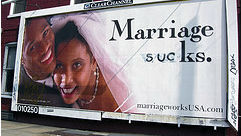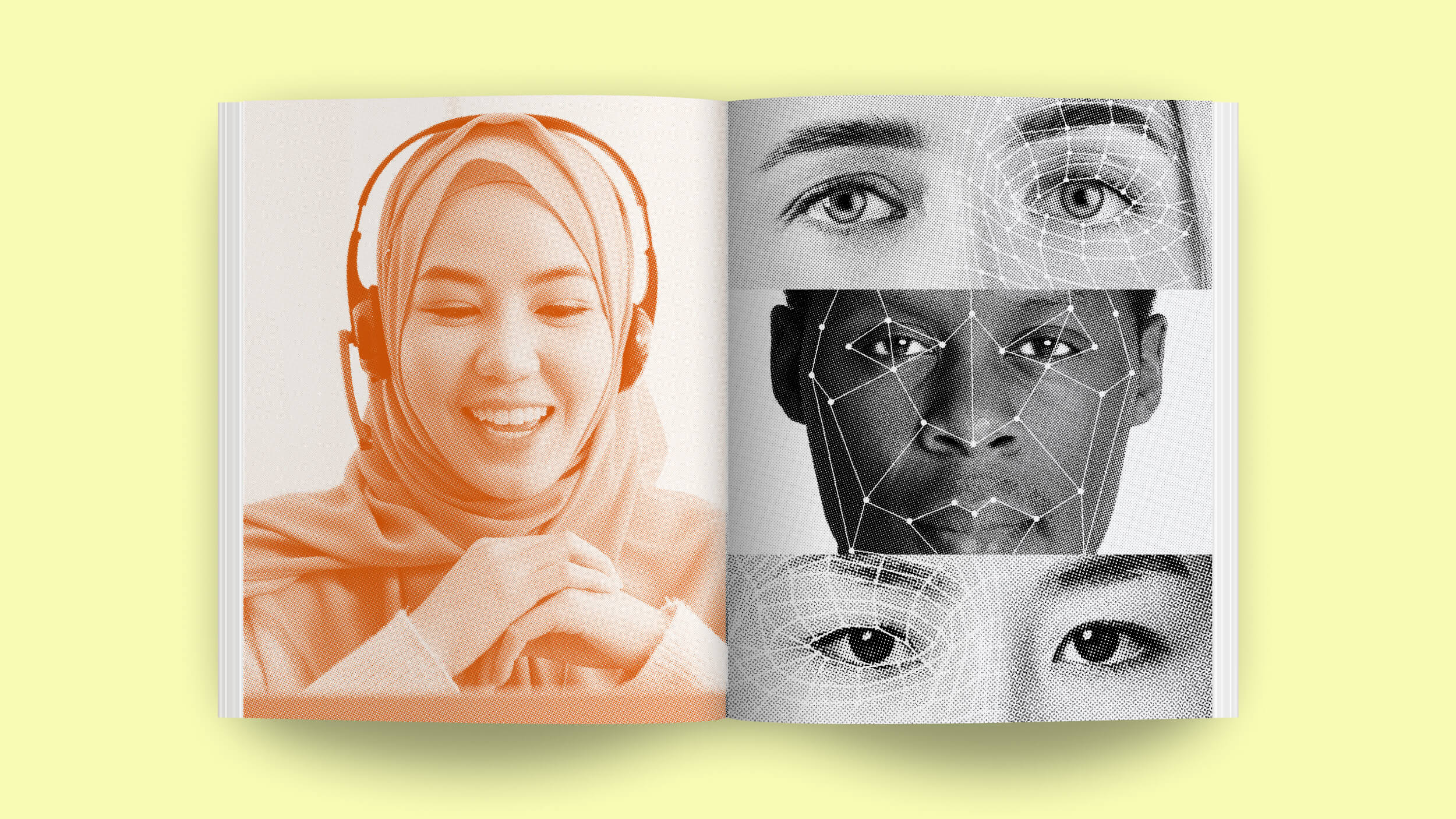The State of Marriage: Like The X-Files, “We Want to Believe…[But]”

The United States is following its peer nations in Western Europe and is projected to become a majority unmarried and “post-marriage” nation within the decade, according to research released this week.
But that news isn’t entirely news-y. The Pew Research Center has been looking at U.S. marriage trends and opinions for a few years, and found in November of 2011 that 40 percent of Americans now believe that marriage is “becoming obsolete,” and half of younger Americans believe this.
The shaky future of marriage was the major preoccupation that inspired me to write Marriage Confidential. I wanted to lift the curtain on marriage, to figure out why the thrill is gone. What’s actually happening in actual marriages that’s causing mildly-observant Americans to get disenchanted with the idea?
We hear plenty (and, frankly, propagandistically) about shiny happy marriages, but what about the rest, the cautionary tales? After all, 70 percent of the unmarried today had been married at some point. They tried it, and it didn’t work for them.
Those who create MARRIAGE WORKS billboards and other marriage “publicity” initiatives, for lack of a better term, tend to feel that marriage suffers from a PR problem—that Americans just don’t understand its value, and must be sold on its benefits.
In my experience, that’s not the case. The people that I spoke to did value marriage, felt ashamed when they divorced, or struggled to understand why they weren’t coupled up, and wanted to give marriage a try.
Maybe we believe in marriage in the same starry-eyed, hypothetical way that we believe in apple pie, exercise and vegetable consumption.
Social conservatives address the great marriage fade by urging a regressive return to “traditional marriage,” which is a kind of political slang. I’m not sure precisely what it means. Nor are marriage scholars such as Stephanie Coontz, who deftly debunks the notion that such a beast ever existed.
“Traditional Marriage” usually connotes, at the least, opposition to same-sex marriage. Indeed, Rick Santorum Tweeted of the new non-marriage findings that this is what approval of gay marriage has wrought.
Those gays! Having spent a lot of time walking in the shoes of ambivalent marriages, including my own, I feel confident in asserting that “The Existence of Gays and Lesbians in Committed Civil Unions Somewhere in the Country” doesn’t even rank on the top 100 list of “Reasons Why My Marriage Sucks, or Puts Me in a Coma.”
But “traditional marriage” can also code for hostility toward feminism and the corrosion of Housewife-Breadwinner gender roles in heterosexual marriages.
Others hear about the potential obsolescence of marriage and push in the opposite direction. They react with a resounding cheer of “Good Riddance!”
I can understand their position—although I don’t entirely share it.
I’m somewhere in the middle. As I describe in Marriage Confidential and elsewhere, I believe that marriage is in a brainstorming phase.
Individually, and in conversations with each other, we’re trying to figure out how marriage makes sense in light of 21st century realities, which are so very different from the centuries in which “traditional marriage” prevailed (the idea of marriage as a social institution and obligation) and different from the pre-feminist heyday of the romantic ideal, six decades ago.
The old marriage imperatives are over. Women don’t need to get married for a meal ticket, to have a sex life, to secure cultural standing, or even to have children. Men don’t need to get married to have social standing, get promoted at work, or “prove” that they’re not gay.
So what’s marriage good for now? I think our collective mood’s captured by the great Fox Moulder of TheX-Files. We want to believe, but…it’s not always easy.
What I heard from couples is that they marry on “post-romantic” terms. Maybe they see marriage as more explicitly, and ideally, like a friendship. Spouses aren’t so different from friends, partners, or colleagues.
We cherish the stability and the companionship and the daily generosities, kindnesses, and intimacies of having a home base.
I also heard lots of couples who were totally indifferent to marriage—until it came to having children. And, when they contemplated having children, they really did want to do that within the context of marriage. In other words, marriage was mostly a co-parenting arrangement for them. It wasn’t envisioned mostly as a relationship for sexual monogamy, or for economic support.
So we’re improvising new roles, and marital priorities. As I often point out, there’s an unprecedented marriage class gap in the U.S. today, and the most successfully-marrying classes, the more affluent, upper-middle and professional classes, typically practice a lot of gender role flexibility and innovation in their marriages. It’s not unusual to see stay at home dads, as well as dual-career couples and stay-at-home moms, and all of those arrangements are widely accepted.
The bottom line is that we can rhetorically tout the benefits of marriage but our actions suggest an ambivalence that we’re not going to be persuaded out of by a billboard.
We want to believe but we’re not entirely sure why or on what terms.
Whatever form the marriage of the future assumes, it’s likely to become a more customizable idea, where couples make meanings for themselves.
And, whatever the case, based on what I’ve seen, marriage will survive like any other creature—by evolution, not retrenchment.





